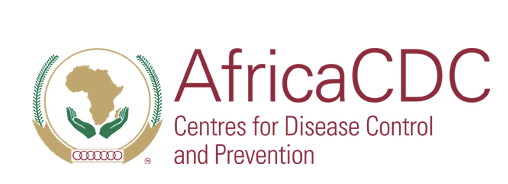Africa CDC: Addressing Regulatory Challenges to Advance Local Manufacturing in Africa

PRESS RELEASE
Local manufacturing and access to health products represent strategic pillars of the health and security agenda for the African continent. African leaders pledge to increase the share of vaccines, medicines, and diagnostics locally manufactured in Africa to 60% by 2040. This vision will be achieved by establishing a sustainable vaccine development and manufacturing ecosystem underpinned by research and development, intellectual property (IP) and technology transfer, robust regulatory systems, innovative and sustainable financing, strategic partnerships, and commitment by African and global procurement agencies to purchase vaccines produced on the continent.
Since the late 1980s, the World Health Organization (WHO) has provided a safety, quality, and efficacy assurance assessment process, now known as “WHO prequalification” (PQ), to ensure vaccines, medicines, diagnostics, and other health products supplied by procurement agencies meet acceptable standards and to facilitate the regulatory review and uptake of health products in Iow-resource settings.
In Africa, the slow process of WHO PQ was seen as one of the key limitations on the way to achieving the local manufacturing agenda. In this context, Africa CDC welcomes the new WHO policy to initiate parallel processes both for recommendation guidelines and PQ or Emergency Use Listing Procedure (EUL) assessment as an important step in addressing the inequity in rapidly accessing essential and innovative health products. The use of interim guidelines, especially for innovator products, will be useful in accelerating timelines. Nevertheless, they require significant efforts to address the high data and evidence standards, know how to produce a complete dossier for submission and interact with PQ’s consultation processes.
One of the critical and intrinsic factors for sustainable manufacturing in Africa is ensuring that African manufacturers have access to efficient and harmonized regulatory pathways that ensure high-quality products and market access for African-made products. The acquisition of maturity level 3 (ML3) status in five (5) African countries, coupled with ongoing competency programs through Regional Centres for Regulatory Excellence (RCOREs), underscores the critical importance for African regulatory experts to possess expertise and capabilities that align with adequate regulatory oversight across the entire lifecycle of vaccine production.
Lengthy and fragmented processes to acquire regulatory approval will lead to late market access and financial and administrative burdens for African manufacturers. In addressing this, achieving WHO prequalification to enter the United Nations (UN) procurement system is particularly important for African manufacturers to reach the economics of scales necessary to foster a conducive manufacturing eco-system, including Research and Development. We encourage WHO to continue to support the strengthening of these important activities and engagement and communication across diverse stakeholder communities. Africa CDC will continue to monitor the progress and execution of these and similar recommendations for the benefits of local manufacturing of pharmaceutical products in Africa.
For the original press release, please click here.




